The Bombay High Court recently issued an important judgment affirming the rights of cooperative housing societies to secure ownership of their land and buildings under Maharashtra’s deemed conveyance provisions. This decision, involving the Blue Heaven Co-operative Housing Society in Kamothe, Navi Mumbai, addresses the obligations of developers and landowners under the Maharashtra Ownership of Flats Act (MOFA), 1963, and reinforces the statutory protections available to housing societies.
Deemed conveyance was introduced in Maharashtra in 2008 to resolve a recurring problem faced by housing societies. Many developers and landowners failed to execute conveyance deeds transferring ownership rights to societies after the sale of flats, as required under MOFA. This failure left societies unable to claim full ownership of the property. Deemed conveyance allows societies to bypass such non-compliance by applying for a certificate from the competent authority, enabling ownership transfer without the developers’ cooperation.
In the Blue Heaven case, the housing society sought a deemed conveyance certificate after developers and landowners failed to execute the conveyance deed. However, the Joint Registrar of Co-operative Societies rejected their application in January 2023. The rejection was based on two reasons: the agreement between the landowners and developers was unregistered, and there was no direct contractual relationship between the flat purchasers and the landowners. The society challenged this decision in the Bombay High Court, arguing that these objections were not valid under the law governing deemed conveyance.
Justice Sharmila Deshmukh, presiding over the case, ruled in favor of the housing society. The Court clarified that the Registrar’s role is limited to verifying whether the statutory requirements for deemed conveyance are met. It is not within the Registrar’s jurisdiction to examine the legality or validity of agreements between landowners and developers. By rejecting the society’s application based on these grounds, the Registrar had exceeded its authority and denied the society its statutory rights.
The Court further emphasized that MOFA defines both developers and landowners as "promoters" responsible for executing conveyance deeds. Failure to fulfill this obligation cannot deprive flat purchasers or housing societies of their ownership rights. Justice Deshmukh highlighted that the building permissions, including commencement and occupancy certificates, were issued in the landowners’ names. This established their responsibility as promoters to ensure ownership transfer. The judgment stated that disputes between landowners and developers are irrelevant to a housing society’s application for deemed conveyance and cannot be grounds to deny their claim.
This decision is significant for cooperative housing societies across Maharashtra. It reinforces the purpose of deemed conveyance, which is to streamline the process for societies to secure ownership despite non-cooperation from promoters. By ensuring that procedural requirements are prioritized over disputes, the judgment upholds the intent of MOFA to protect flat purchasers from the inaction of developers and landowners.
The ruling in the Blue Heaven case sets a precedent that will likely influence similar cases. It sends a clear directive to competent authorities to focus on verifying compliance with deemed conveyance procedures rather than delving into contractual matters. For housing societies, the judgment provides assurance that their rights will not be obstructed by technical objections or the failures of promoters.

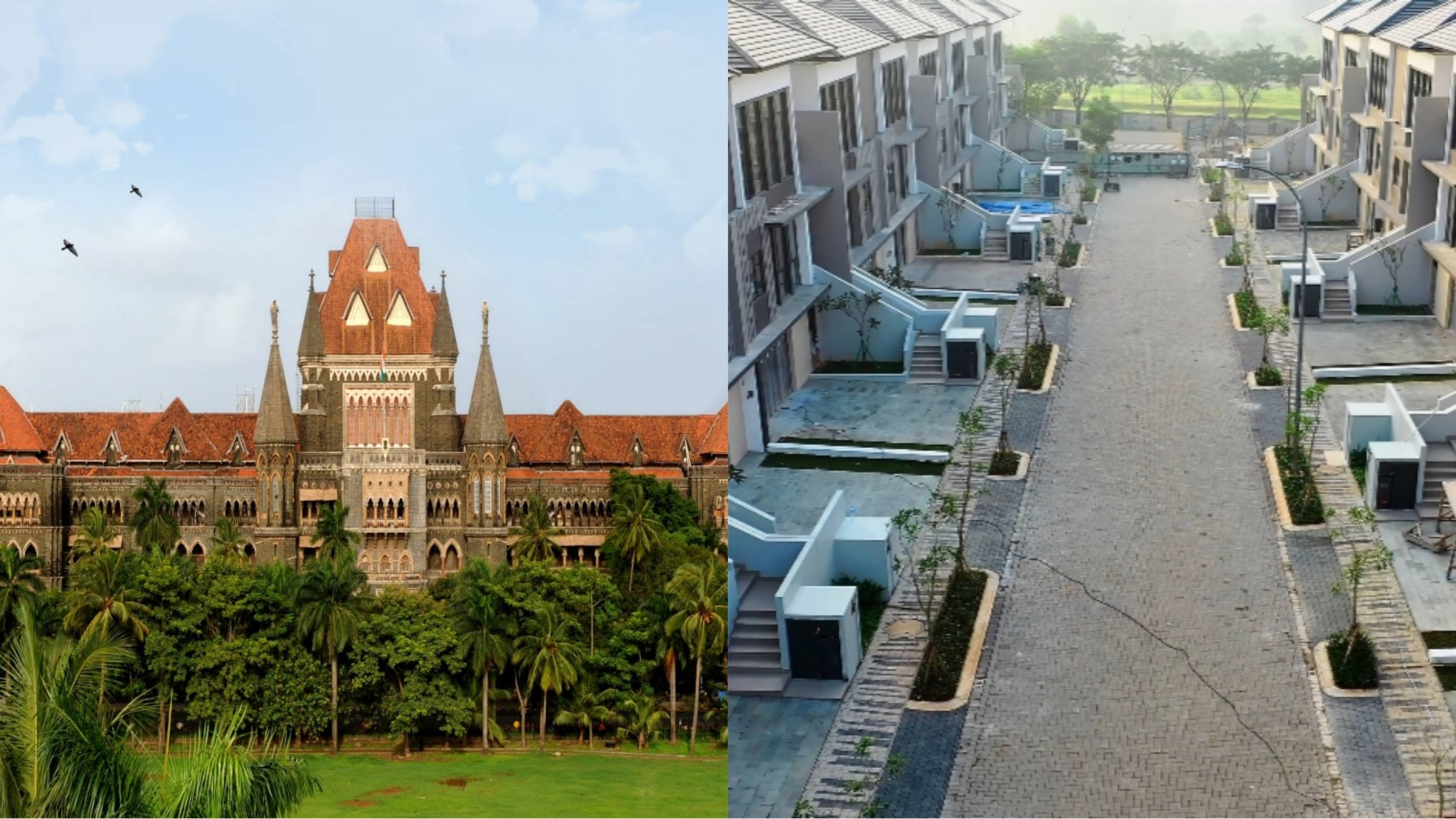

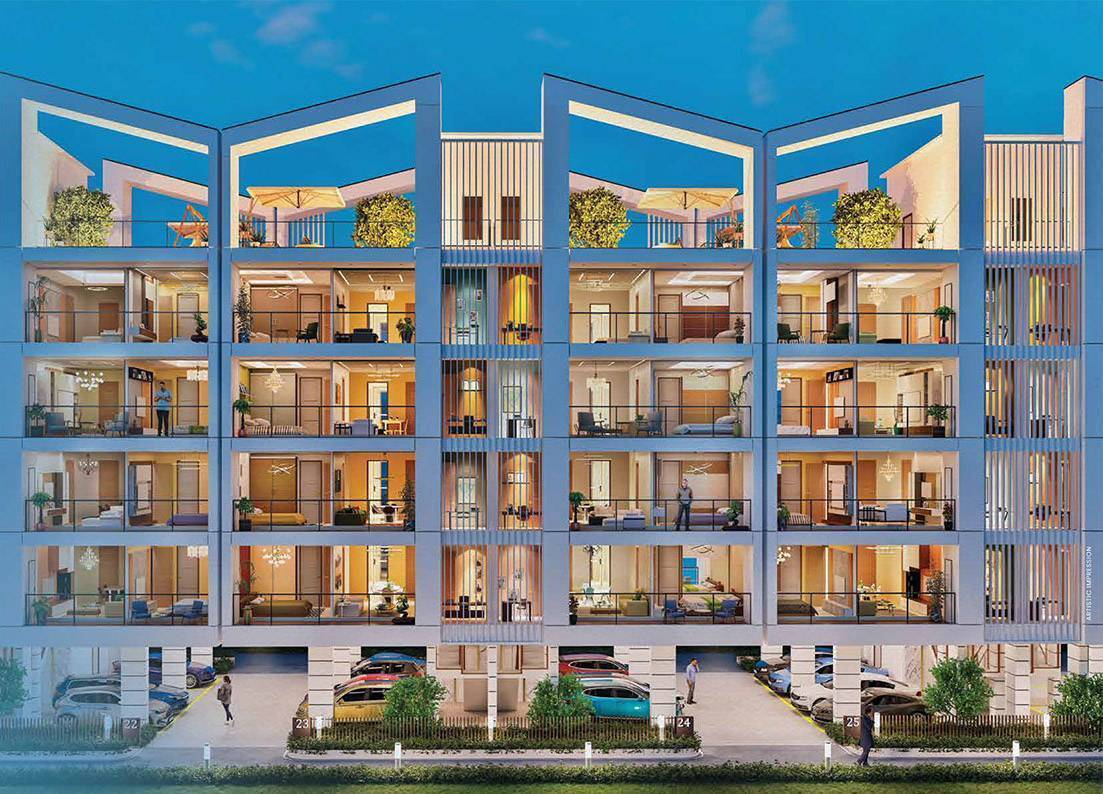
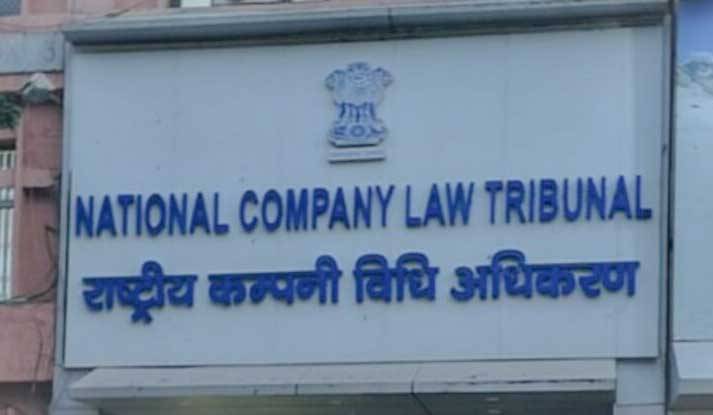
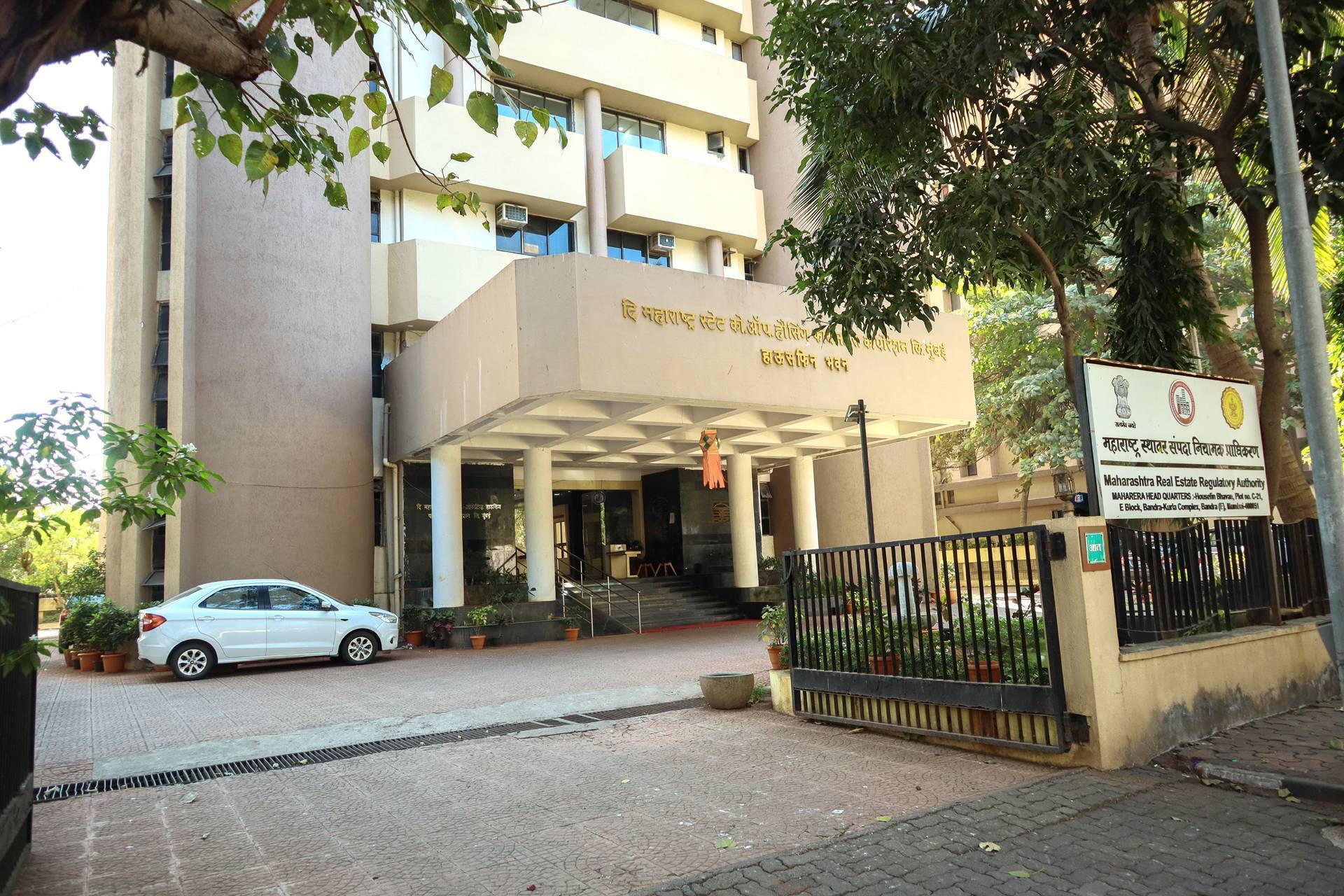
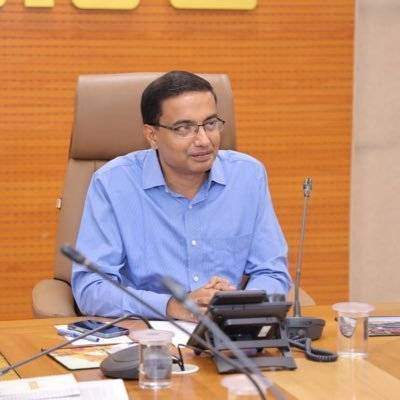
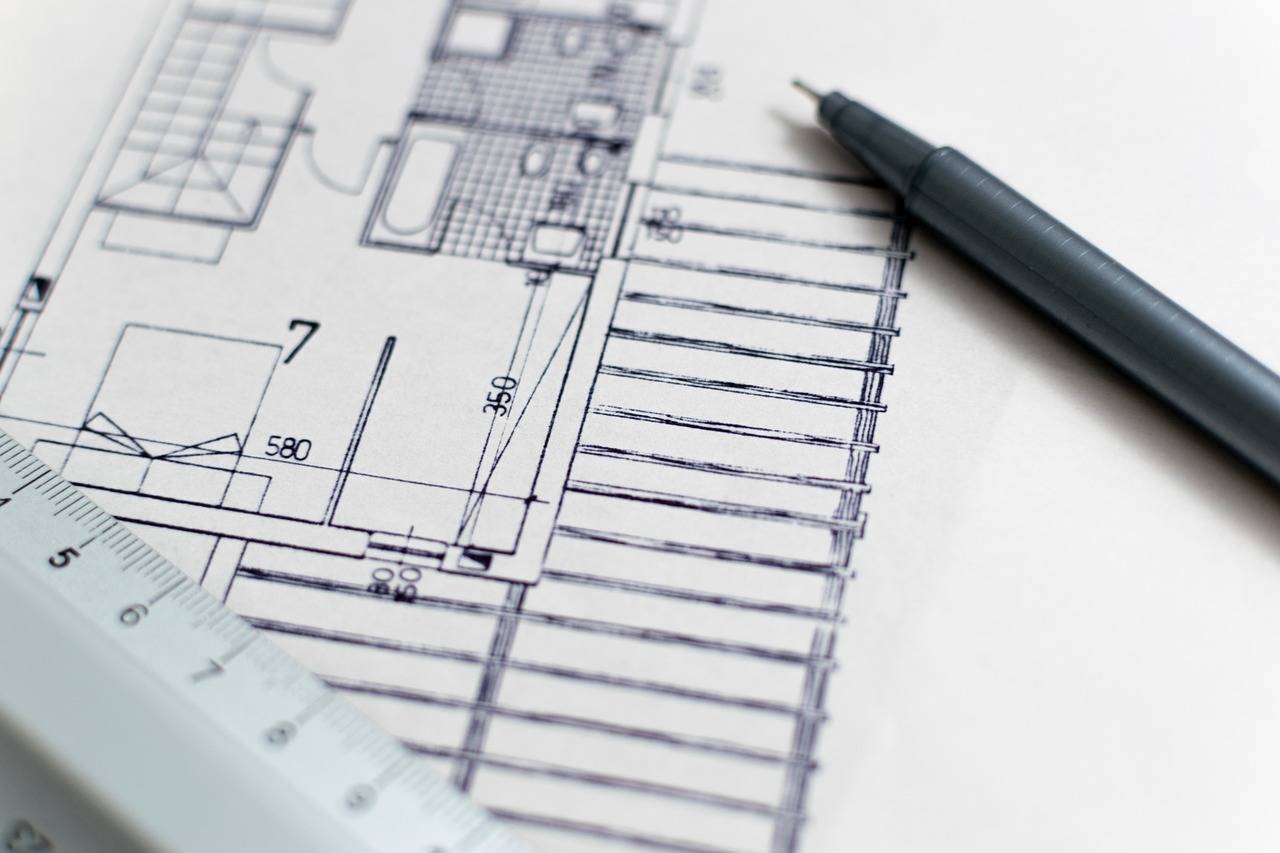
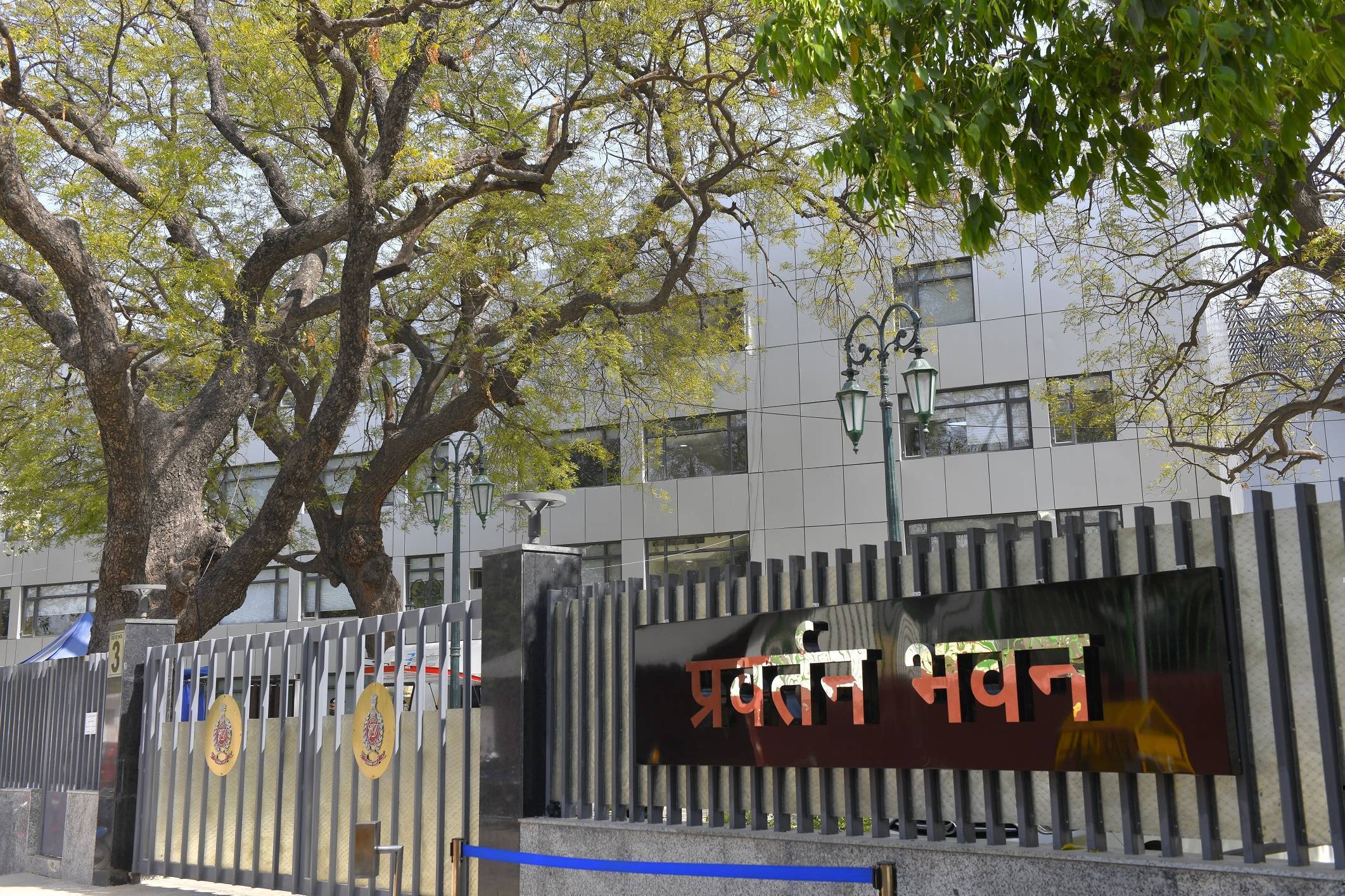
.png)